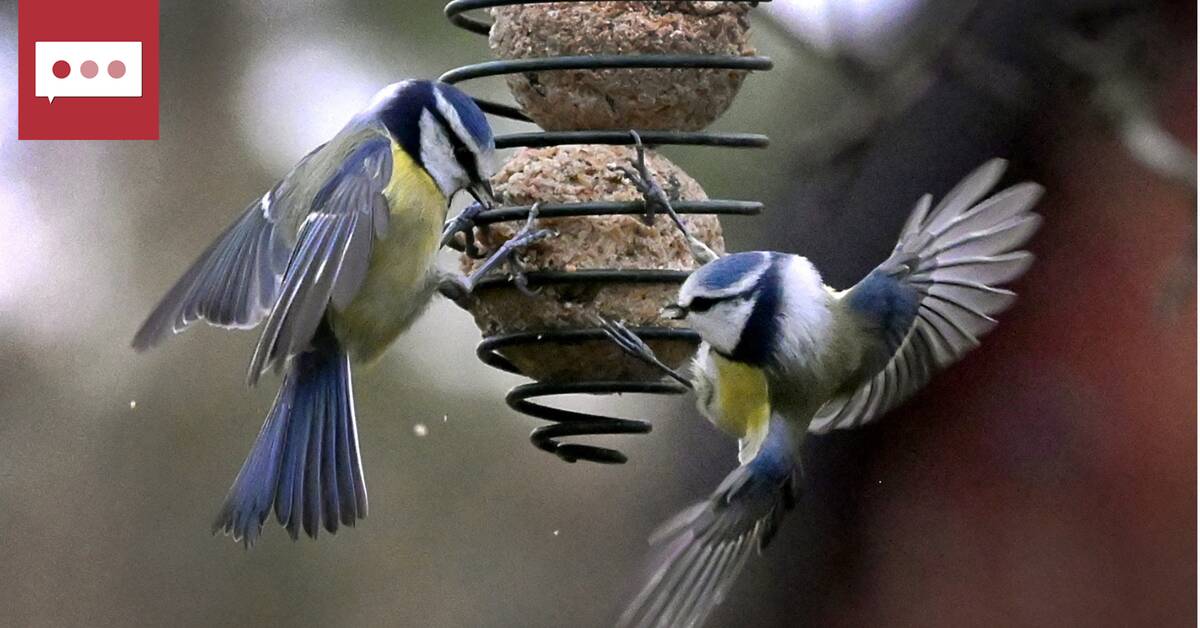Feeding during the winter months makes the birds healthier because they do not need to put as much energy into fighting infections, according to the study, which is the first of its kind.
A slight change in body temperature can be fatal for humans. Small birds, on the other hand, lower their nocturnal body temperature by several degrees during the winter, but just like humans, birds try to save energy when it is cold. If they become infected, the body's first reaction is to raise the body temperature, which is not compatible with the fact that the bird must at the same time save energy by lowering the temperature.
All have the same temperature
"We expected that birds that had access to bird feeders would have more energy to fight an infection and that they would therefore show a stronger fever response. But our results show the opposite – the birds that did not have access to a reliable food source reacted most strongly to an infection," says Hannah Watson.
When the birds were exposed to a simulated infection, they all had almost the same fever temperature. Instead of conserving energy to get through the winter, birds without access to extra food had to use more energy to fight the infection.

